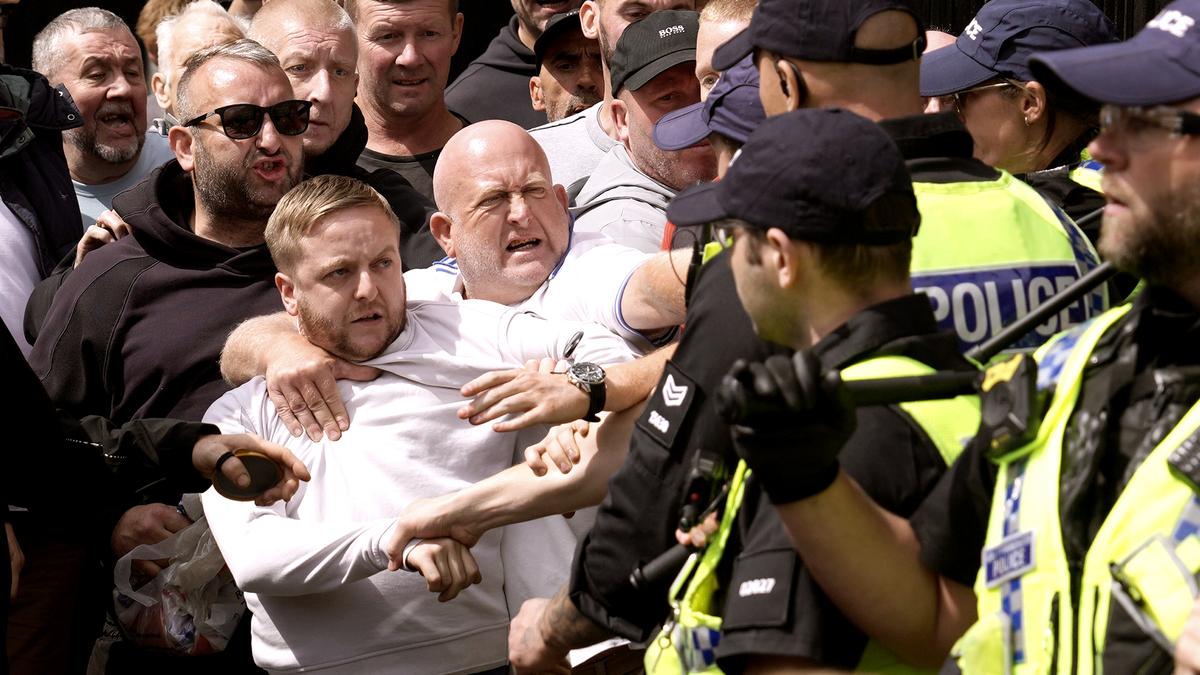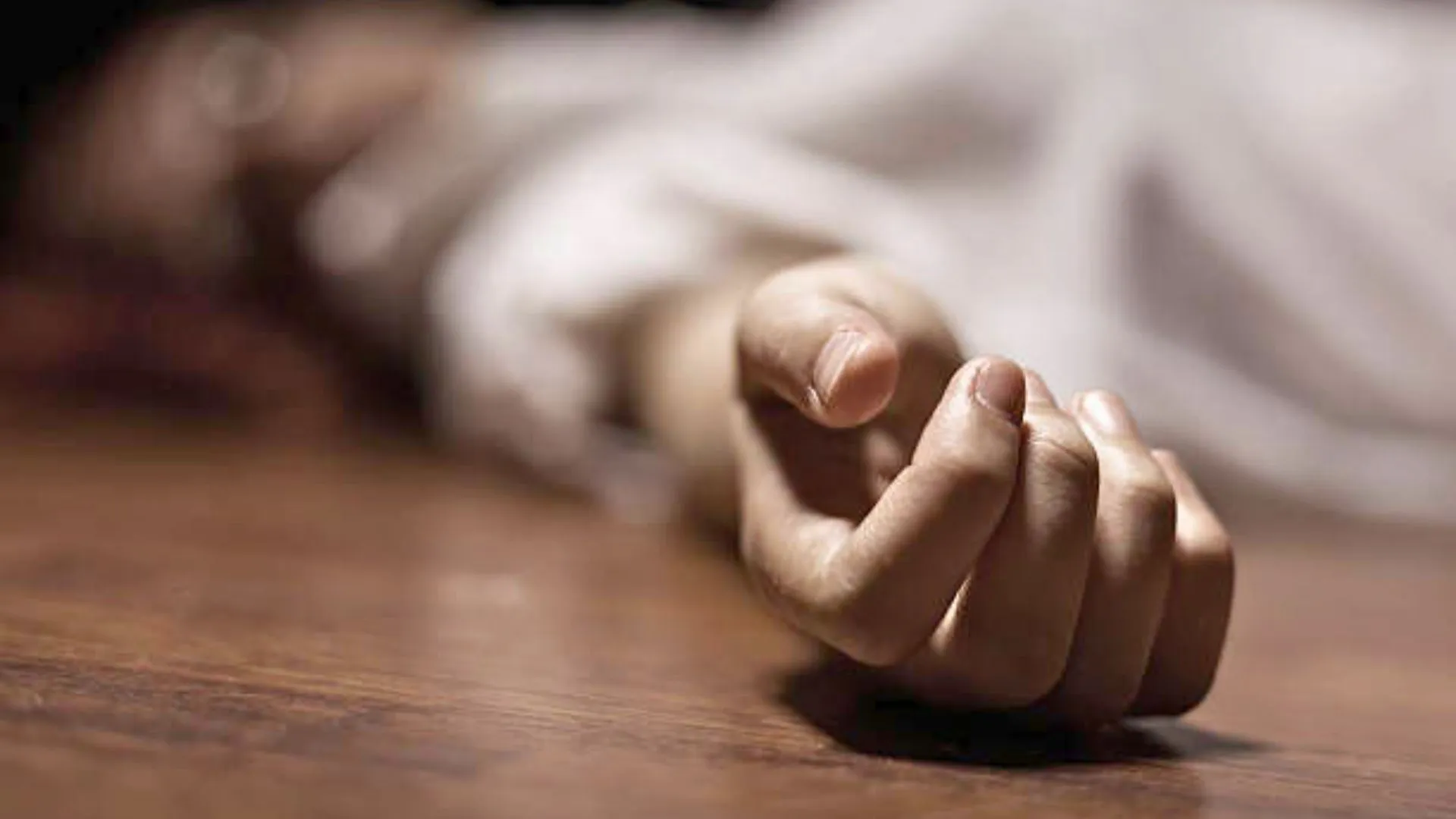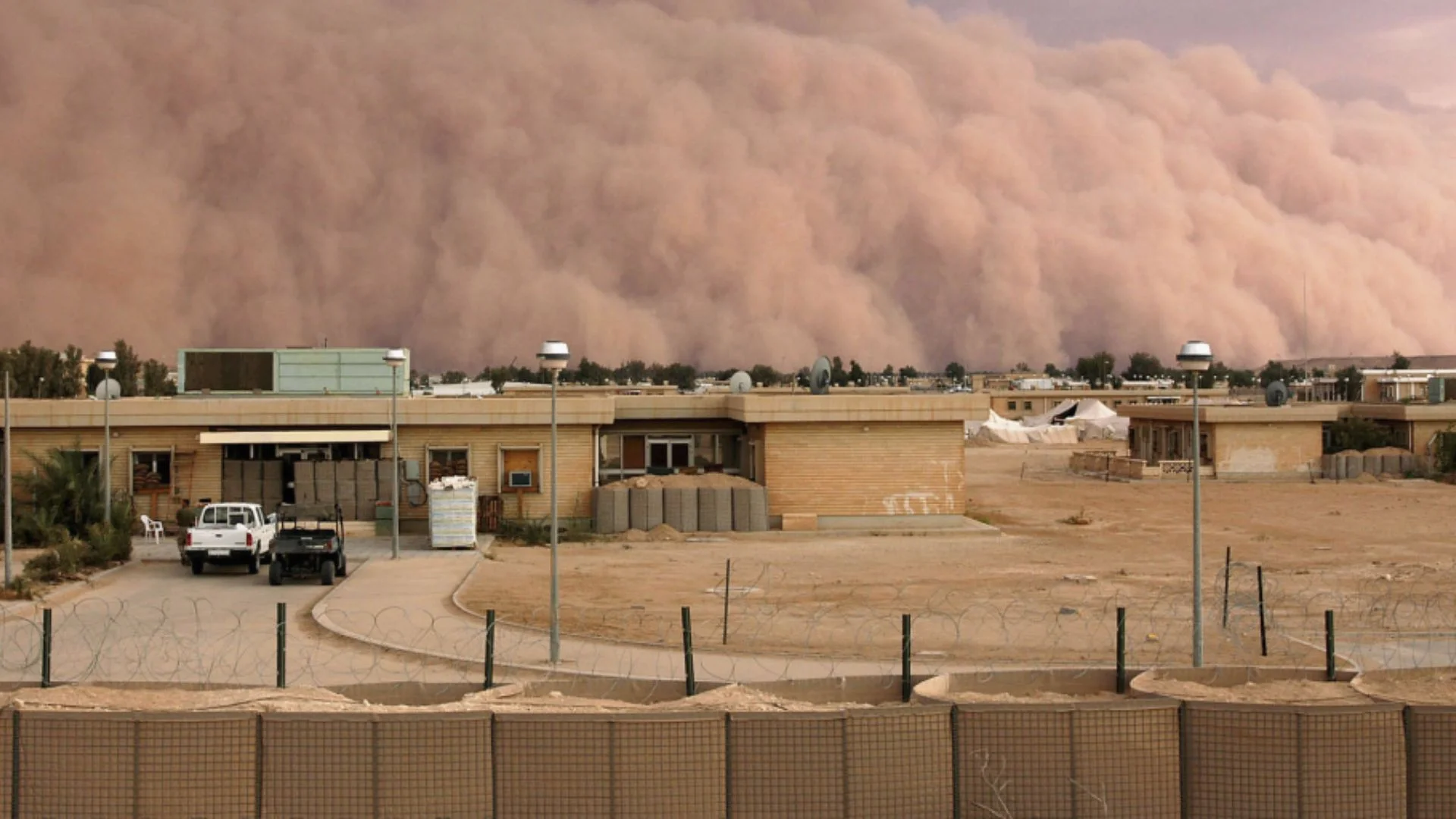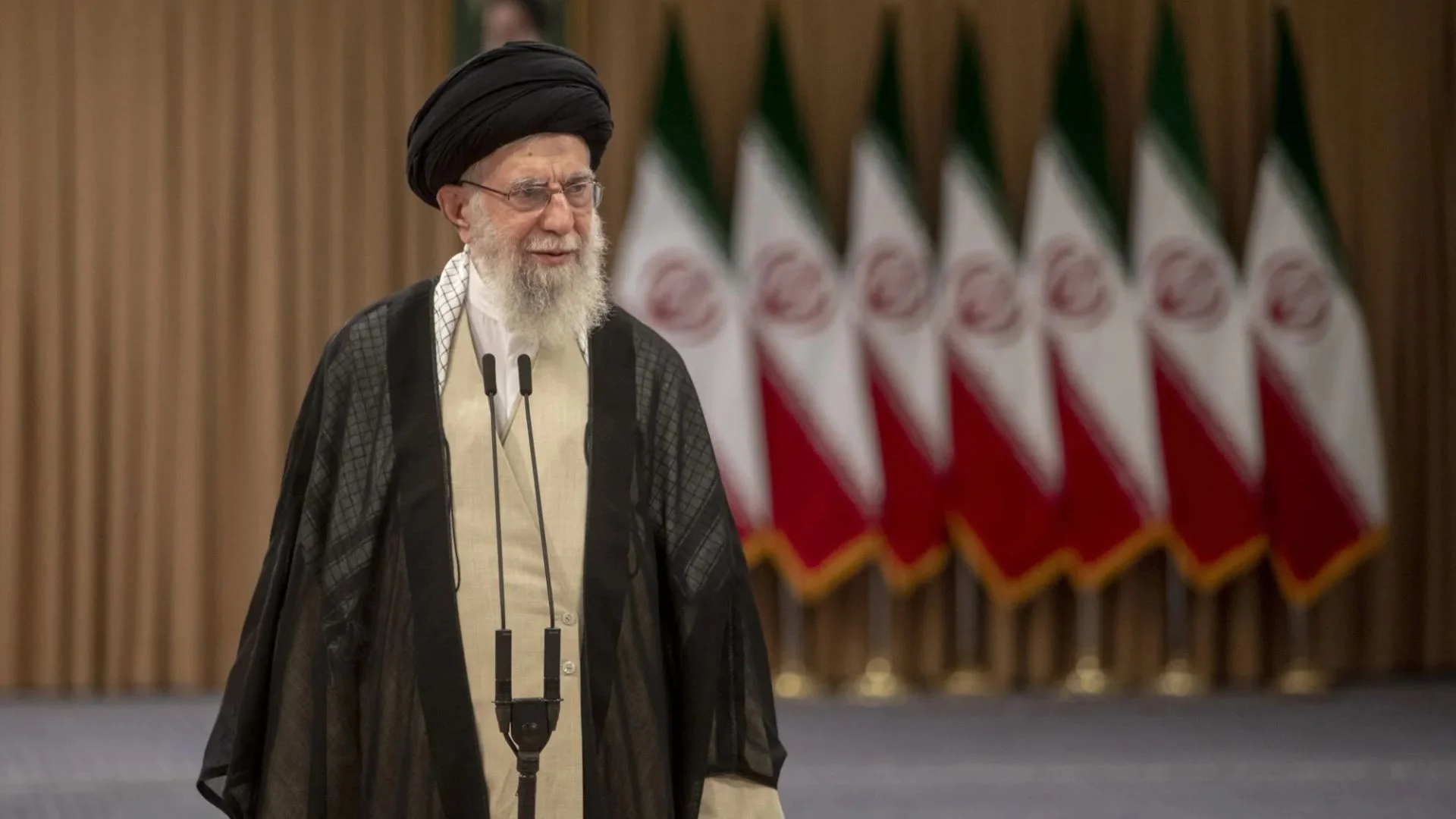The UK is facing its worst rioting in 13 years, driven by disturbances linked to a recent mass stabbing that resulted in the deaths of three young girls and fueled by far-right agitators spreading misinformation. The unrest has led to violent protests and clashes with police in cities like Liverpool, Manchester, and Leeds, significantly straining law enforcement resources and impacting investigations into other crimes.
The violence erupted following false claims that the suspect in the stabbing was a radical Islamist migrant. However, authorities have confirmed that the suspect was born in Britain and his family is Christian. The misinformation has led to widespread anti-immigrant and anti-Muslim protests across the country.
In Rotherham, far-right rioters attempted to break into a Holiday Inn Express housing asylum seekers. Police faced a violent mob throwing objects and causing damage, with a small fire breaking out at the scene. Rioters used wooden pieces, chairs, and fire extinguishers to attack police officers, who were equipped with shields to fend them off.
Prime Minister Keir Starmer condemned the attack on the hotel, labelling it as “far-right thuggery” and pledging to bring those responsible to justice. The violence has led to severe disruptions, including the burning of a community centre in Liverpool. Authorities have been deploying additional officers and using surveillance to manage the situation, with Starmer emphasizing that the right to freedom of expression does not extend to violence.
Police have arrested dozens in connection with the violent protests, which have turned into significant clashes involving bricks, bottles, flares, and anti-Islamic slurs. The far-right violence is reported to be the worst England has seen since the 2011 riots that followed the police killing of a mixed-race man.
UK Home Secretary Yvette Cooper has warned that those involved in the criminal disorder will face consequences. Downing Street has assured that the police have full support to take action against extremists and maintain public safety. The government has reiterated its stance that violence, irrespective of its nature, will not be tolerated.
In response to the far-right demonstrations, counter-protests have emerged, including sizable anti-racism rallies in Belfast, Leeds, and Nottingham. These counter-protesters, including anti-racism advocates and religious leaders, are calling for calm and denouncing racism and xenophobia.
The rioting is creating significant challenges for the UK, with the violence impacting both local communities and the broader investigation into other crimes. The government is under intense pressure to restore order and address the root causes of the unrest.









